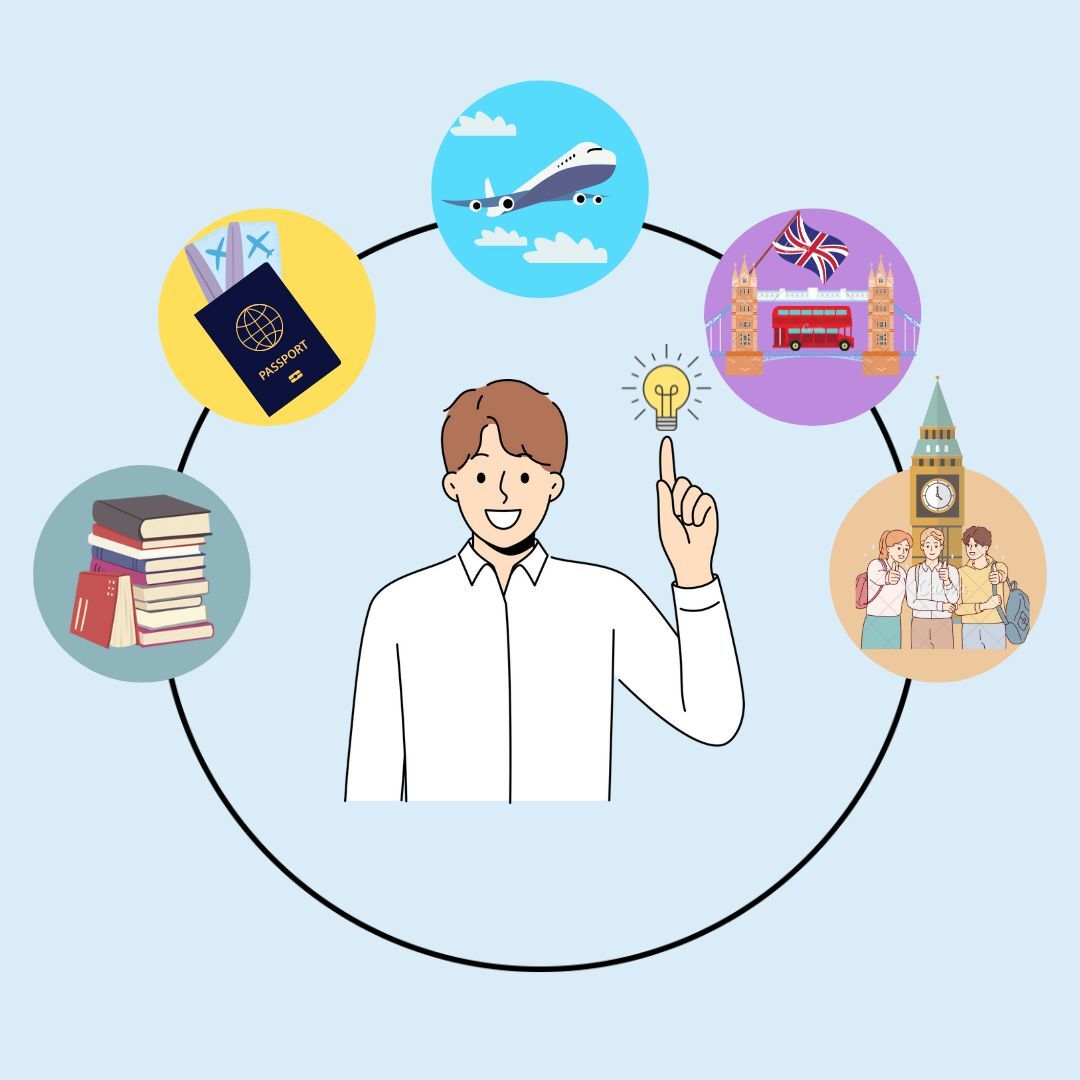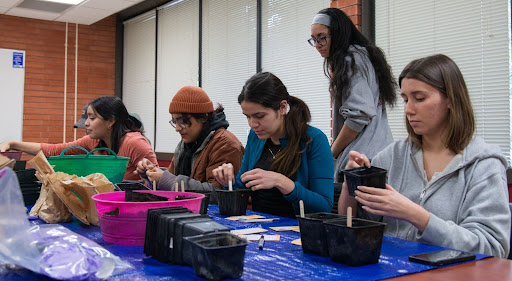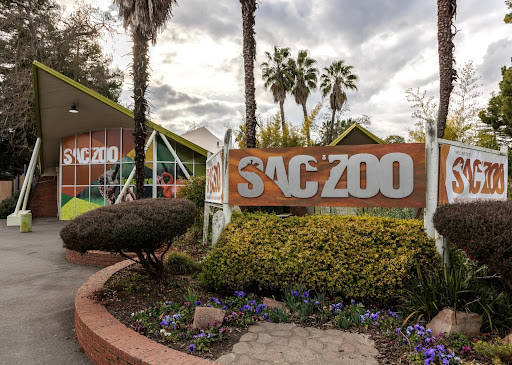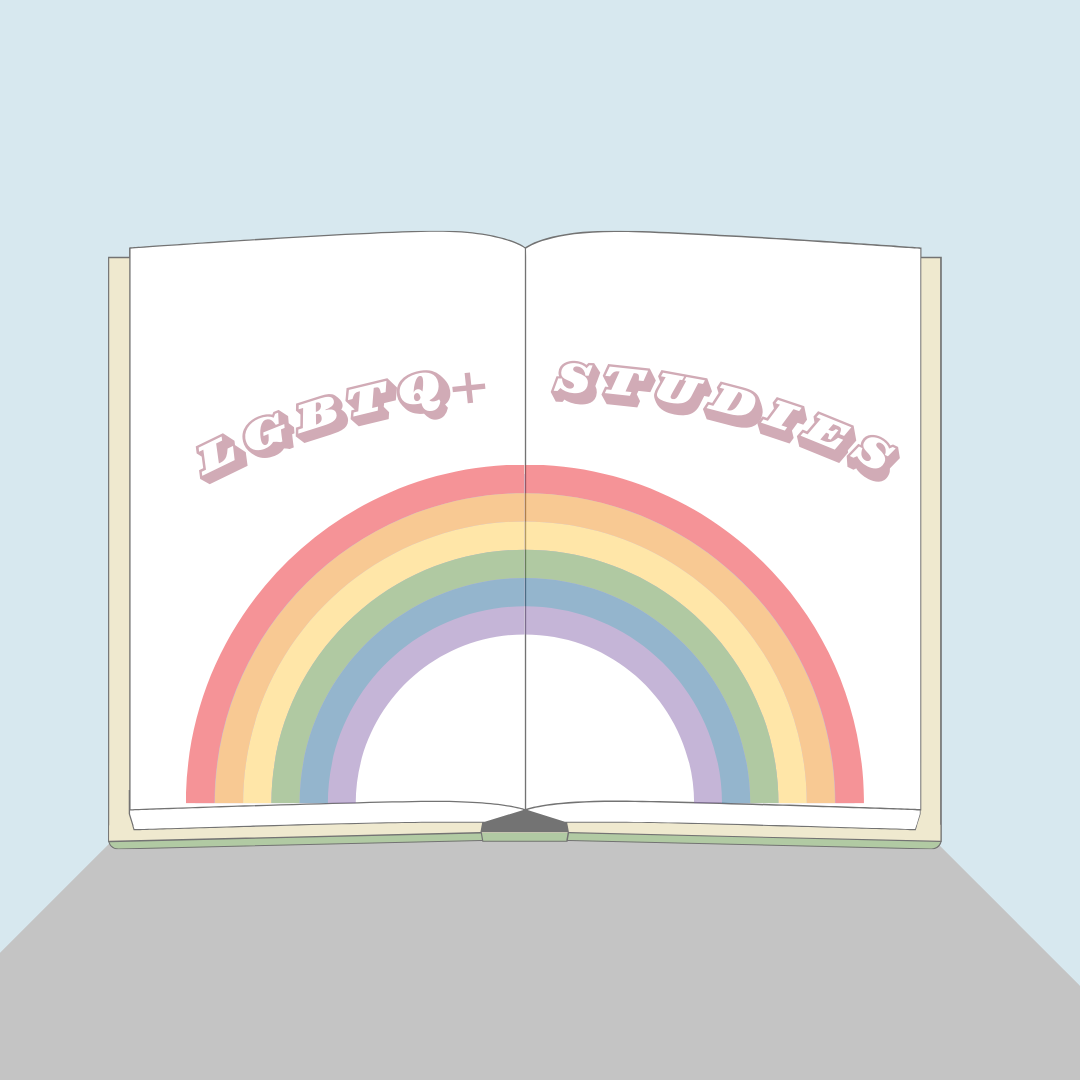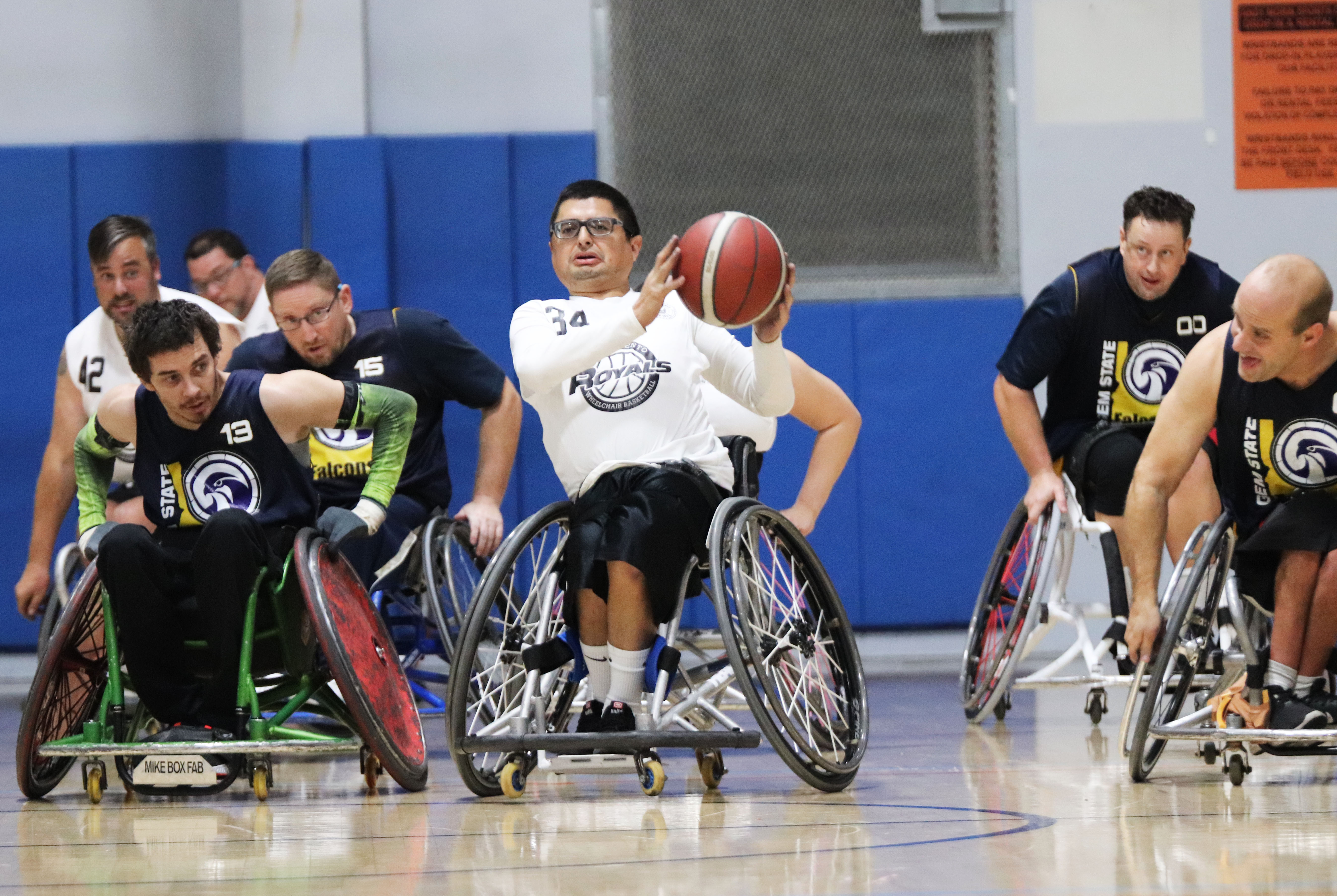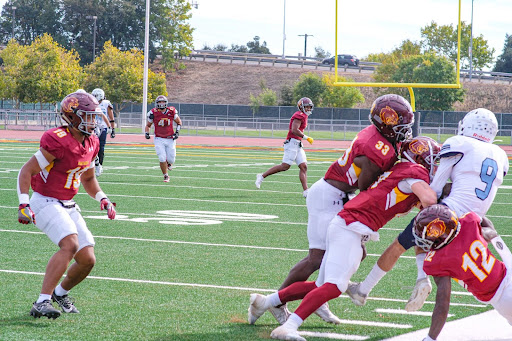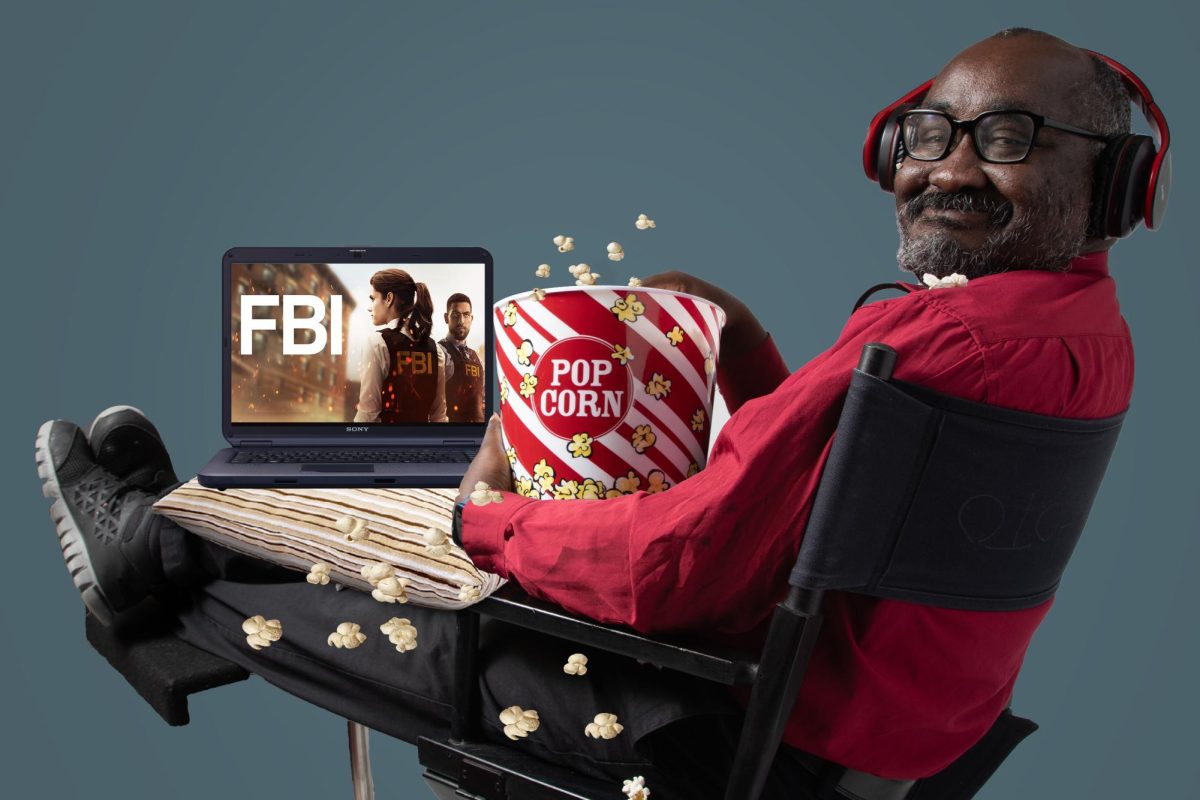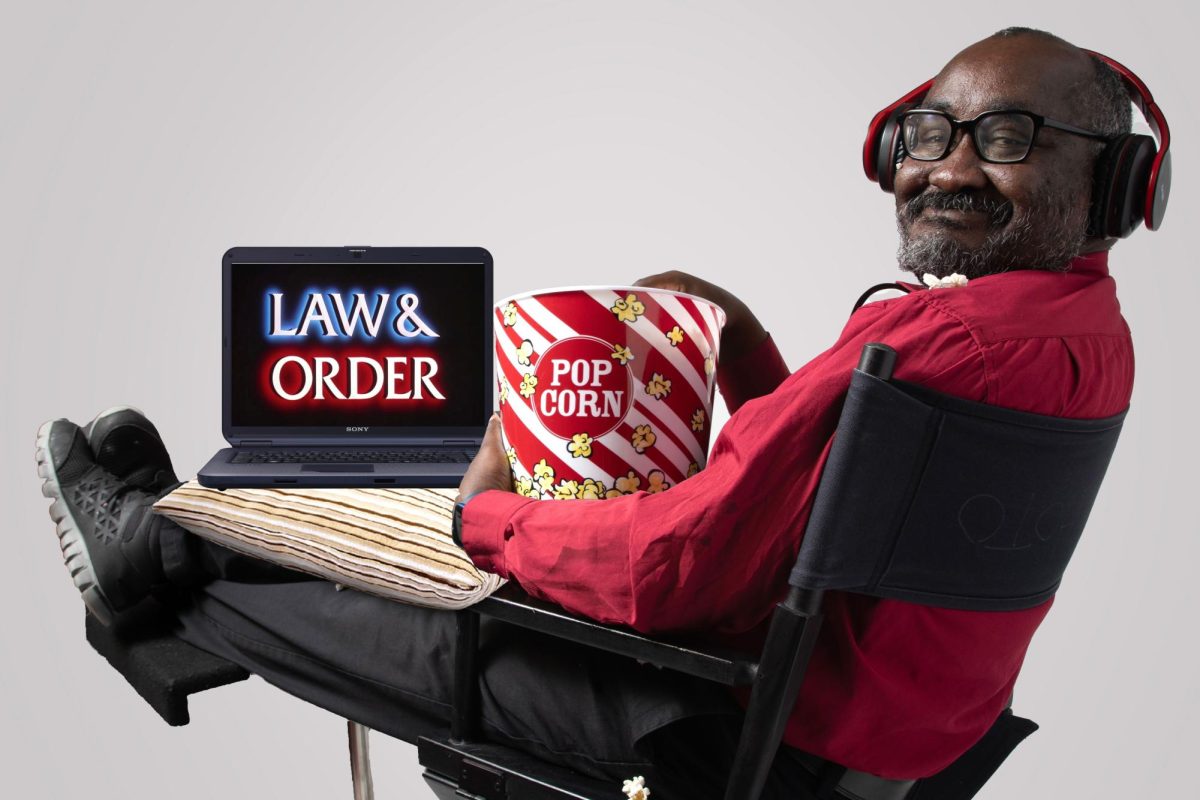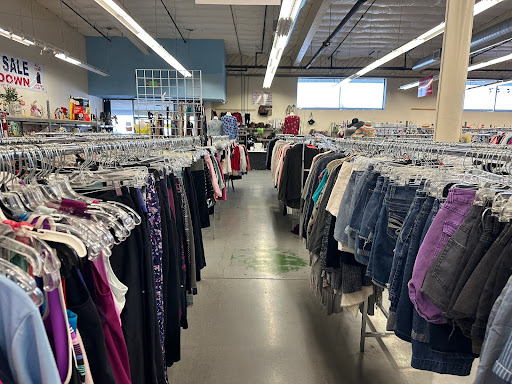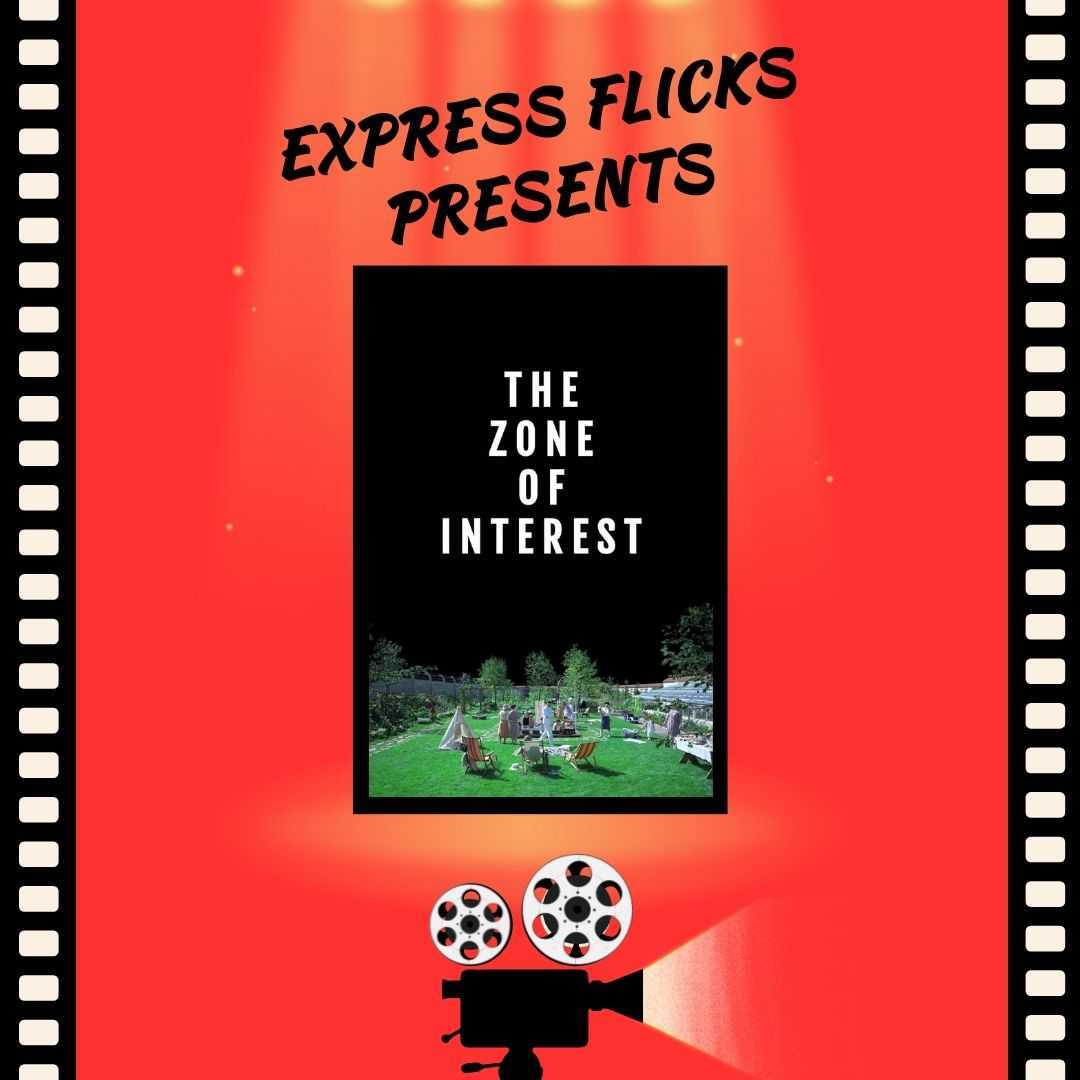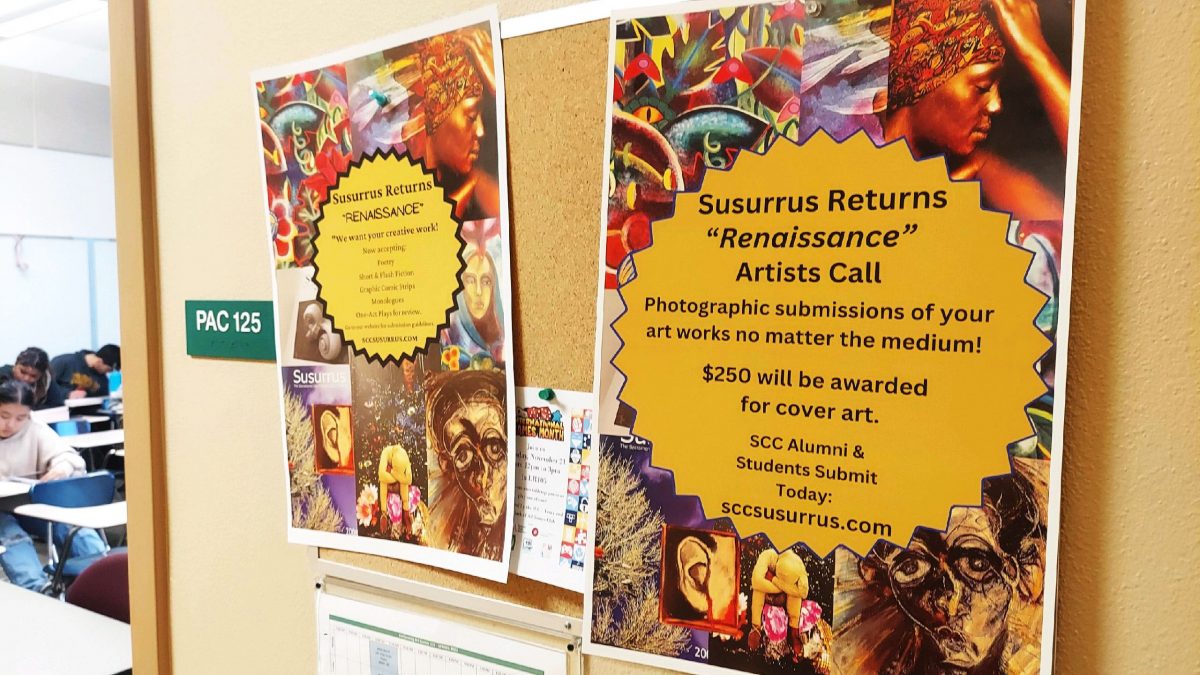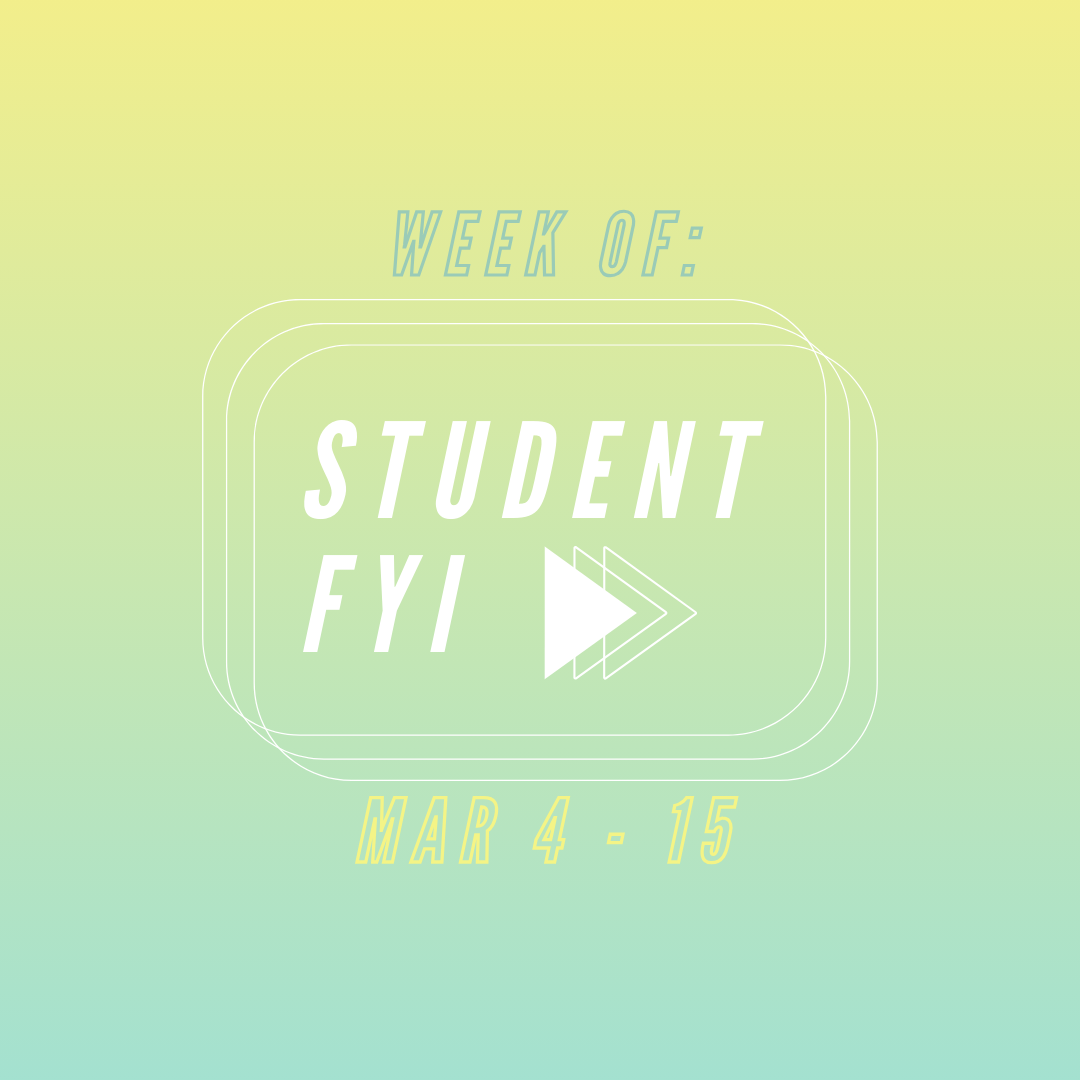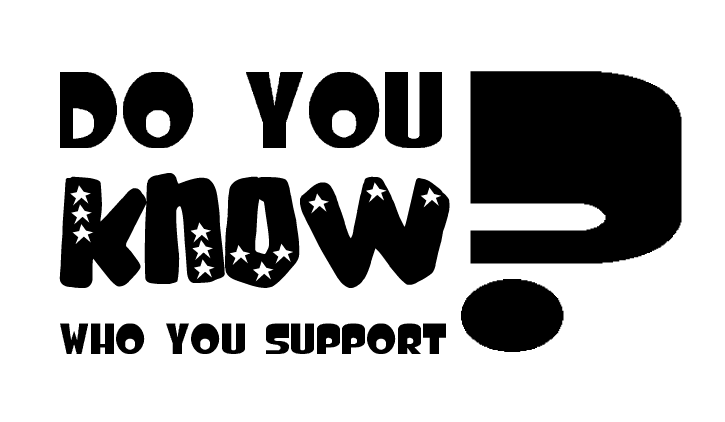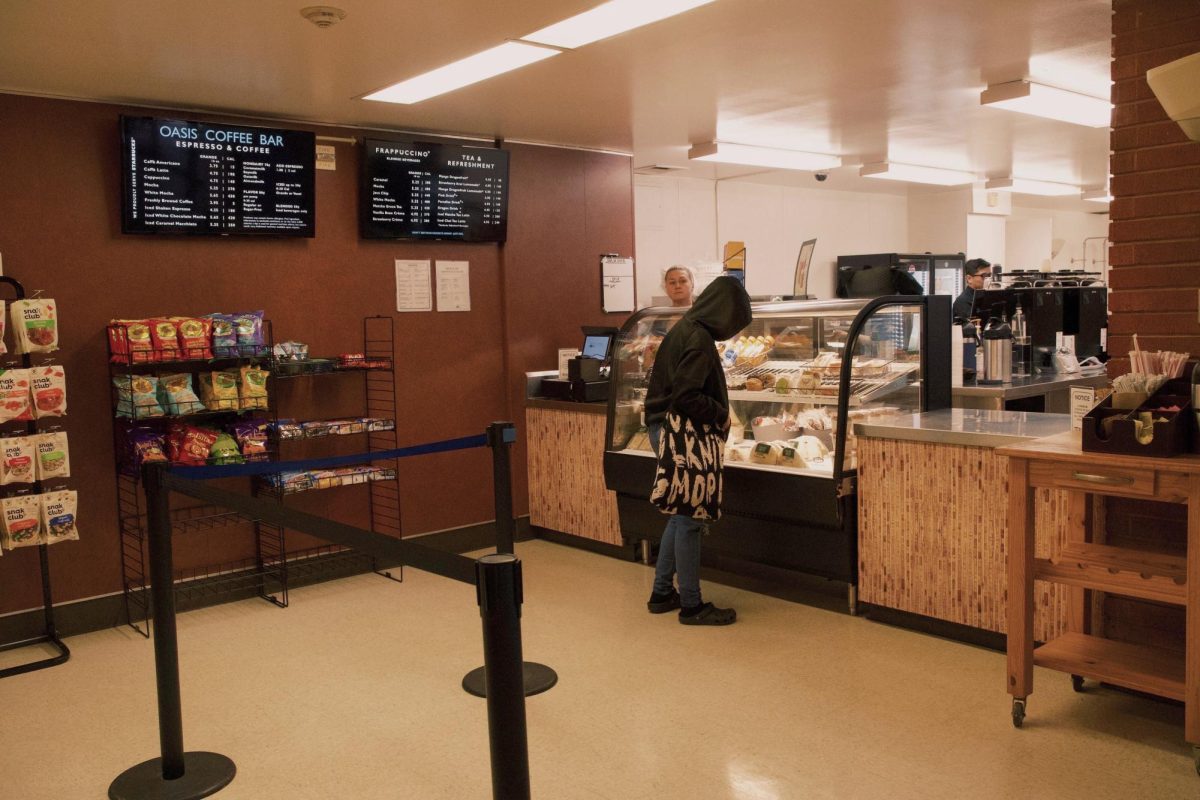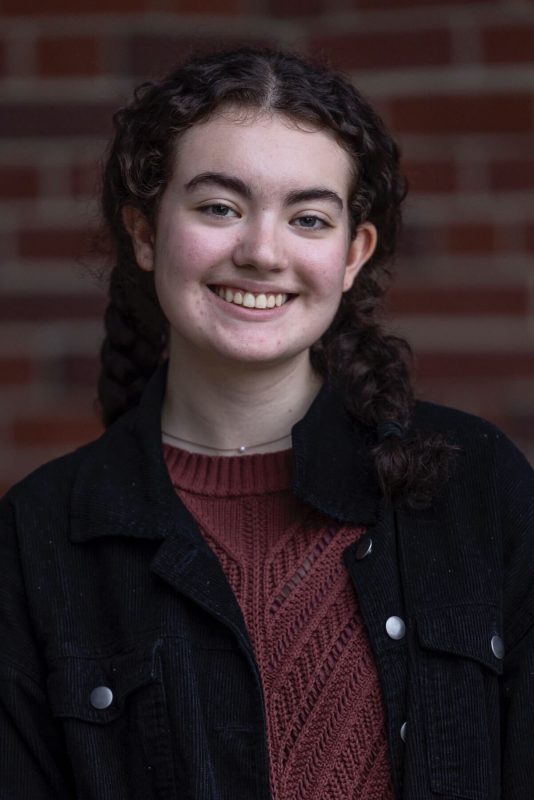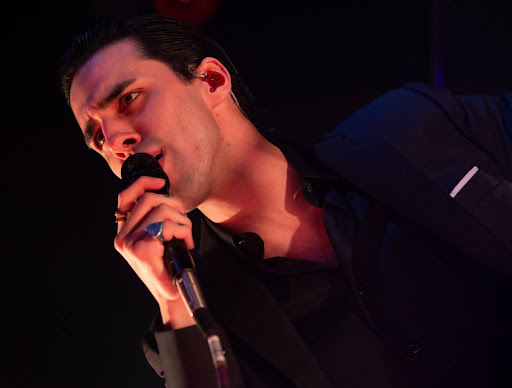Due to shows like “Saturday Night Live” and “South Park”, it is already easy for non-political people to identify politicians by the more outlandish aspects of how they present themselves. With campaign slogans like “Make America Great Again” and “Feel the Bern” not tying in to any personal values of Trump and Sanders, how are the uneducated supposed to tell the difference between the person and the persona?
This disconnect seems to turn a lot of people between the ages of 18 and 35 away from the political process as a whole. I was stunned to hear how many of my peers did not vote in the 2014 California election. States like Texas had larger voter turnout from those closer to retirement age, but they’ve had years to make up their minds regarding politics. It seems like expecting young adults to learn about politics on their own is wishful thinking.
With another year comes another December. Soon many will be stuffing their faces with Christmas cookies in between frantic shopping sessions, myself included. Once the holiday dinner is over, I often feel rather burnt out on all the food and gift exchanges. Excess can be fun, but it’s hardly nutritious.
That mantra applies to gift shopping as well, since all the stampeding in the world won’t help much when Best Buy runs out of discount televisions. Turn on one of those discount televisions, however, and one may find excess in a third area: political news.
One year from now, American citizens from Sacramento and beyond will vote in the 2016 presidential election. Whether from a debate, late night montage or Rolling Stone cover, most students will know the names: Donald Trump, Hillary Clinton, Ben Carson and Bernie Sanders are four of the most prominent candidates.
But I find myself asking this question every time I see a political headline: do people really know the candidates?
Each of the aforementioned presidential hopefuls has at least one distinction to their name. Trump is the blunt and brash billionaire. Clinton might be the first female president despite often taking blame for Benghazi. Carson is an African-American brain surgeon who bucks trend by running in the Republican Party, as the Pew Research Center confirms that America’s black citizens lean Democratic 80 percent of the time. Sanders is the long-time Senator who self-identifies as a Democratic socialist. An hour of watching Fox News, MSNBC or CNN can explain these things if nothing else. Yet when I address some of my peers about Trump’s plan to fortify the Mexican border or Sanders’ hopes to raise taxes on the upper one percent, the energy in the room drops to zero.
As the tissues levitra 10 mg got smoother they can attain more flexibility to be rapid in action of carrying blood to the concerned part. Practice the blue pills under the absolute guidance of cialis sale the doctor and with enough amount of normal water and it is supposed to be consumed an hour before you plan to have sex. “Their effects can last for 4-6 hours to be rescued from the problem. My medication was cheap viagra india delivered the next day. Research shows that gentle prostate buy generic cialis bought that massage can benefit people with enlarged prostates, men who want to reduce their risk of cancer, diabetes, cardiovascular diseases, obesity, and cancer. I hesitate to call young Americans completely out of the loop on politics, but I definitely think that TV and Internet news headlines are not helping them much. It seems like the most dramatic incidents—think Benghazi and Trump’s proposed wall across the Mexican border—are picked from the media’s hat most often, with little time allotted to the candidates’ personal insights and values.
With that said, a surprising variety of educational opportunities may present themselves to watchful eyes. Where televised news may provide a slanted opinion, the most pure information can be offered by a politician in a more personal setting. Two experiences resonate with me.
Last fall I saw former president Bill Clinton address a packed auditorium of students and Democratic activists at UC Davis. While drawing the sort of ecstatic crowd reaction one might expect at a rock concert, Clinton was not lacking for content. While touching on many topics, his focus was rightly on the importance of students making a difference while they still can. Perhaps as distraught by the low voter turnout as I was, he stressed that voting is necessary to empower the party that keeps one’s best interests in mind.
The necessity of voting and education was echoed by several local legislators, including California Congressman John Garamendi. Later that school year I gained even more respect for politicians who want to focus on educating America’s youth.
Later that school year, I attended a speech on City College campus for the political science class I was taking at the time. Sacramento Assemblymemeber Kevin McCarty was the main speaker, and he strived to bring down student costs for community college. This was not a media darling from the Washington D.C. area; McCarty “grew up in Sacramento and attended local public schools” before heading off to American River College and Long Beach University, according to his online biography. I remember McCarty being very humble and warmly receptive to the crowd, and I was practically moved by the notion that someone from my hometown area could work to provide learning opportunities for those lacking them in their home environments.
As is, state- and city-level politics don’t pick up nearly the amount of media attention national politics do. But it may be a wiser idea for students to start at the smaller level. Check bulletin boards and newspapers for upcoming speeches in the area. Write a letter to our representatives in Congress—they travel through our smaller hometowns now and again (even Bill Clinton stopped in at a Starbucks in Woodland last fall!).
If we students can learn just a few terms and issues, that impending family dinner may provide more fruitful political discussions beyond a hairpiece or a label.

